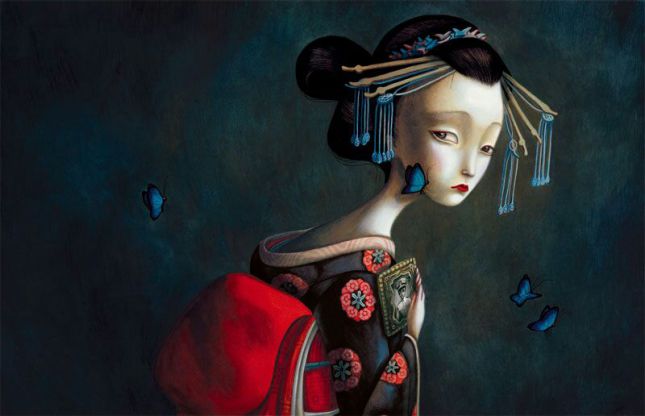Wrong is human, besides being an exceptional opportunity to grow in humility and realize that life is almost a constant test to learn, but it is also prudent to follow every mistake, neglect and offense with a request for forgiveness. A virtue of a few as much as they should put into practice.
This internal self-assessment mechanism by which we realize that we have not done the right thing is usually dominated by a well-known tenant called the “ego”. In fact, there is nothing worse than who, far from showing empathy for the injured person, focuses solely on the subtle but ferocious need to protect such a dimension.
- Evil is a common flaw.
- Apologise for a virtue that only a few practice.
- Therefore.
- Do I consider the person who has the maturity to say noble?And the courage to apologize by looking me in the eye.
If you think about it, you’ll notice that we use the word “Sorry?”Almost every day. When we meet someone, when we get ahead of our conversations and talk to a friend, however, few, after making mistakes in a more delicate and deep area of their life, are able to take the plunge and undress their hearts with an expression. I’m sorry, I was wrong. “
Why is it so hard? We invite you to reflect on the subject
We’re all wonderfully imperfect. Far from considering the error as a negative thing, it is necessary to analyze the error in all its transcendence and detail to learn, because the error is nothing more than a direct invitation to improve.
We also know that there are errors and errors. Sometimes mistakes, as James Joyce said, are nothing more than portals of discovery. Is science itself full of these incredibles?Where famous scientists discovered a new discovery after a mistake more than once.
This human factor acquires its most complex aspect when the error is synonymous with offense, insult or personal humiliation towards others, situations that become even more aggravated when, far from expressly recognizing the offense, the person falls on the same fact, perhaps out of pride or deep emotional immaturity.
We live in a society that doesn’t excuse much, and when we do, we sometimes demonstrate the immaturity we talked about earlier, there are those who apologize for WhatsApp or even those who openly post their apologies on social media so that the data subject has no choice but to give in.
In addition, we live in a social contempt where children learn that mistake is bad. For today’s education system, student failure is a rebatable thing, something to correct not without first applying the necessary rigor. That’s why children learn from an early age to develop fierce defense mechanisms to hide error, not to see it, so they can protect their self-esteem.
That’s when a curious vicious circle begins. If I can’t, you don’t even want to be, see my mistake, so I have no reason to apologize. Gradually, the quality of the excuse to camouflage it was simply lost by a large ego. everyone gets wonderful opportunities to learn and improve if error or error is not treated as something so negative and reprehensible from an early age.
Authentic forgiveness, which heals and approaches, is not limited to being offered as one who practices a simple altruistic gesture, forgiveness is first and foremost an attitude and the clear decision to be courageous is to recognize the harm of showing those before us that we are aware of what we have done.
We are also aware that all expressions of?Please forgive me?, courage, and all who ask for forgiveness will not be forgiven, however, it is necessary to do it and do it right, to practice the healthy virtue of knowing how to ask for forgiveness after a mistake we can rely on the results of the ohio University research (USA). U. S. A. ).
Here are the best steps to apologize
Although we often hear that the first to ask for forgiveness is the bravest and the one who forgives is the humblest, in fact greatness is learning from all those steps that help us day by day to survive our personal contradictions, in which the ego is never very appropriate.
Because there is nothing to teach more than one’s own mistake, and nothing more dignified than knowing how to ask forgiveness.

